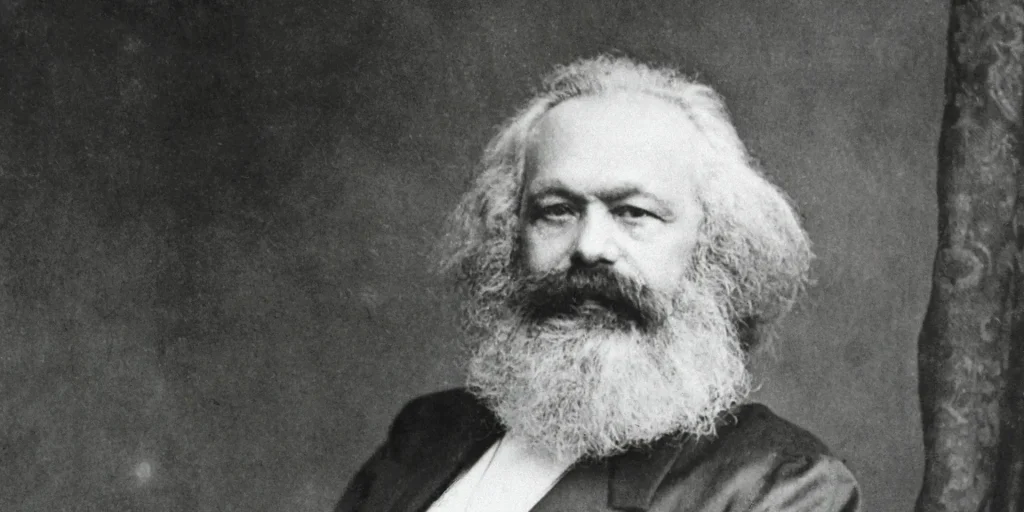The Building And Location
Located at the intersection of Chinatown and Leicester Square, the Leicester House has witnessed many historical events and hosted popular landmarks during its 300-year history. Leicester House, named after Robert Sidney, 2nd Earl of Leicester, used to sit to the north of what is now Leicester Square.
The House, completed in 1635, gave its name to Leicester Fields, which the area was known as when it was home to wealthy residential properties. When Leicester House was demolished in the late 1700s, the area became known as Leicester Square.
Karl Marx
In the aftermath of the failed European revolutions of 1848, thousands of political exiles sought refuge in Britain. Those years, the building was named as German Hotel and it was home of many political exiles from Poland, Germany, Austria, Hungary, Italy and France.
At this time, future leader of socialist movement, philosopher and journalist from Western Germany, Karl Marx arrived in London in August 1849 and was soon joined by his wife Jenny von Westphalen and their children Jenny, Laura, and Edgar. The family first stayed in the building, a popular destination for Germans in London, and Marx started writing his popular “Das Kapital” here.
Marx and his family lived in the hotel for three months in 1850. They had to leave again when they were unable to pay the £5 a week rent.
Johann Strauss
Johann Strauss 1st, father of the Waltz dynasty in classical music and composer of the 'Radetzky March' lodged in the building on his first visit to England in April 1838. Johann Strauss gave 72 concerts across Britain, and played festivities given in honour of Queen Victoria's coronation. He and his orchestra played Buckingham Palace.
1 Leicester Street, London WC2H 7BL , United Kingdom


